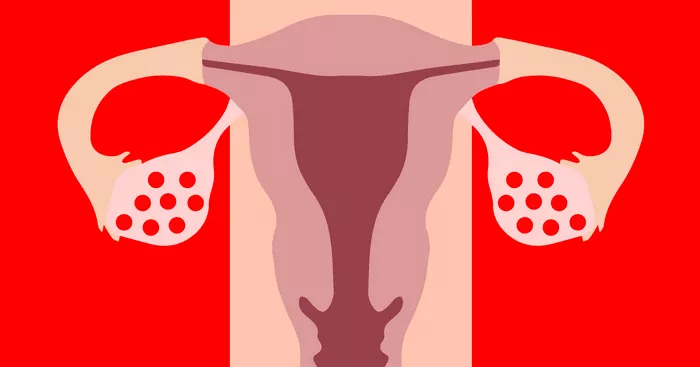Uterine polyps are a common gynecological condition caused by localized excessive growth of the endometrium, resulting in protrusions of endometrial tissue into the uterine cavity. The incidence of this condition is around 10%-15%, and it can occur at any age, especially in women from reproductive age to postmenopause.
How Do Uterine Polyps Affect Infertility?
Uterine polyps may lead to infertility because they can interfere with the movement and implantation of sperm and eggs. Additionally, they may affect uterine contractions, and pedunculated polyps themselves may undergo degeneration, necrosis, or bleeding due to inadequate blood circulation. Furthermore, multiple polyps can affect the shape of the uterine cavity, causing multiple lesions and affecting the receptivity of the endometrium, thereby leading to infertility.
How Are Uterine Polyps Diagnosed?
The diagnosis of uterine polyps is generally made through gynecological examination, clinical presentation, and comprehensive evaluation through ultrasound and imaging studies. Ultrasound often reveals uneven endometrial echoes or strong echoic masses within the uterine cavity, but hysteroscopy is the “gold standard” for diagnosis.
How Are Uterine Polyps Treated?
There are mainly two methods for treating uterine polyps: electrocoagulation therapy and laser therapy. Electrocoagulation therapy has the advantage of rapid polyp removal but carries higher risks, potentially leading to infertility. Laser therapy, on the other hand, is relatively safe but requires an experienced doctor to perform the procedure.
Conclusion
Uterine polyps indeed have the potential to cause infertility, but this does not mean that all women with uterine polyps are unable to conceive. The key is to detect them promptly and receive appropriate treatment to minimize the impact on fertility. If you have any doubts or concerns, it is recommended that you consult a professional gynecologist who can provide personalized advice and treatment plans.























